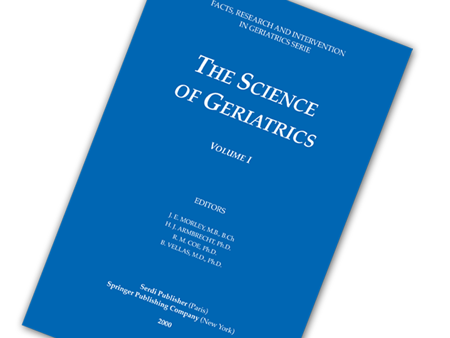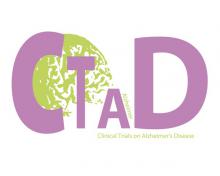Alzheimer’s disease (AD) and dementia are a global public health priority, and prevention has been highlighted as a pivotal component in managing the dementia epidemic. Modifiable risk factors of dementia and AD include lifestyle-related factors, vascular and metabolic disorders, and psychosocial factors. Randomized controlled clinical trials (RCTs) are needed to clarify whether modifying such factors can prevent or postpone cognitive impairment and dementia in older adults. Given the complex, multifactorial, and heterogeneous nature of lateonset AD and dementia, interventions targeting several risk factors and mechanisms simultaneously may be required for optimal preventive effects. The Finnish Geriatric Intervention Study to Prevent Cognitive Impairment and Disability (FINGER) is the first large, long-term RCT to demonstrate that a multidomain lifestyle-based intervention ameliorating vascular and lifestyle-related risk factors can preserve cognitive functioning and reduce the risk of cognitive decline among older adults at increased risk of dementia. To investigate the multidomain intervention in other populations and diverse cultural and geographical settings, the World-Wide FINGERS (WW-FINGERS) network was recently launched (https:// alz.org/wwfingers). Within this network, new FINGER-type trials with shared core methodology, but local culture and context-specific adaptations, will be conducted in several countries. The WW-FINGERS initiative facilitates international collaborations, provides a platform for testing multidomain strategies to prevent cognitive impairment and dementia, and aims at generating high-quality scientific evidence to support public health and clinical decision-making. Furthermore, the WW-FINGERS network can support the implementation of preventive strategies and translation of research findings into practice.
(1) A. Rosenberg, F. Mangialasche, T. Ngandu, A. Solomon, M. Kivipelto J Prev Alz Dis 2020;1(7):29-36



